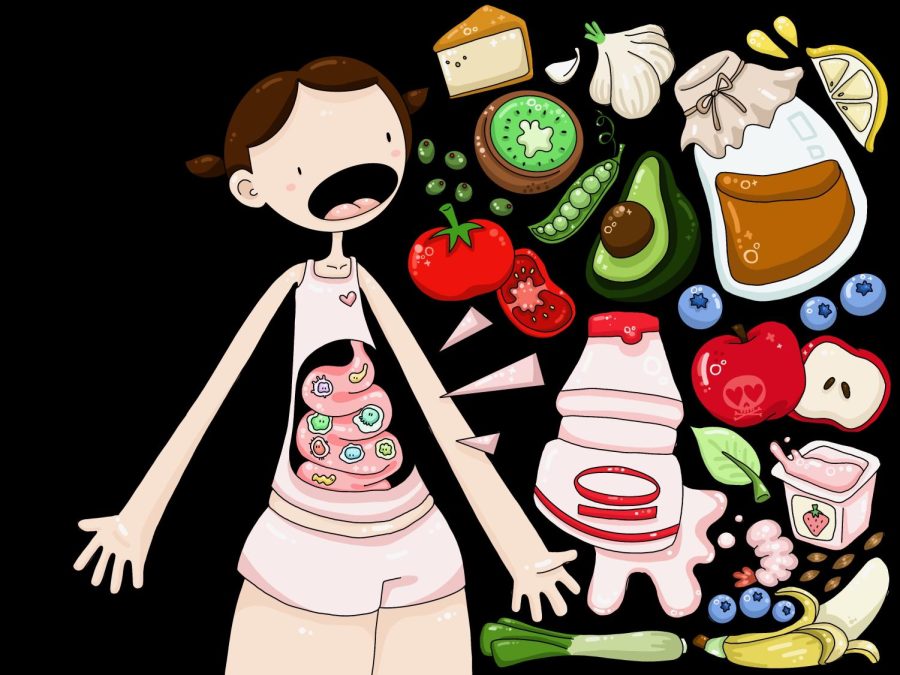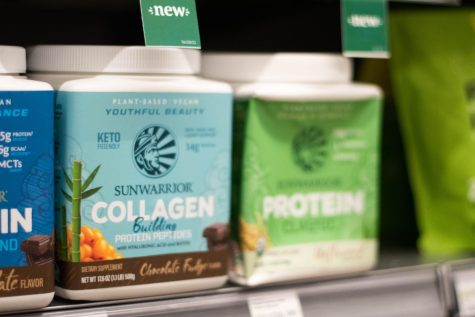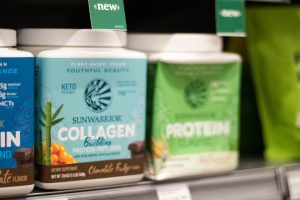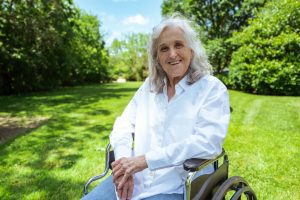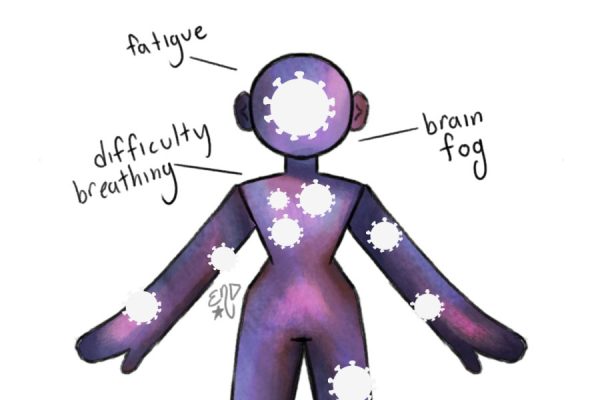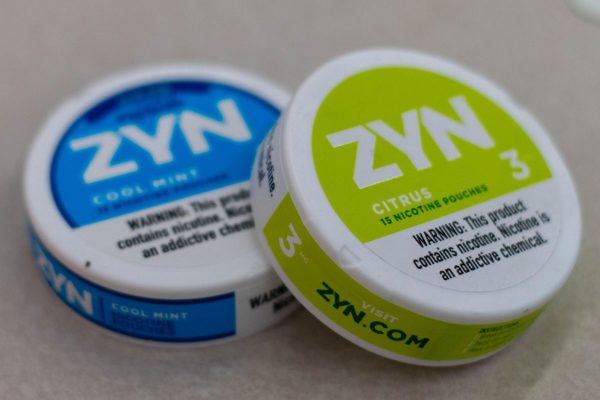Gut instincts: how do we heal our gastrointestinal tract?
Probiotics like yogurt and kombucha most likely will not help your microbiome, according to Eugene Chang, associate director of gastroenterology at UChicago Medicine.
May 3, 2022
“I’m back with another gut health elixir,” a TikTok user promises. Her video, which has amassed almost 830,000 views, shows her pouring fruit and aloe vera juice into a Mason jar, a recipe she says she uses to heal her inner gastrointestinal tract.
Similar videos have popped up recently, claiming that the gut is a delicate organ that, when unbalanced, can cause bloating, fatigue and weight gain, and must be treated holistically. However, it appears this is an oversimplification of an extremely complex organ system.
Despite the recent claims of social media users, Eugene Chang, associate director of gastroenterology at UChicago Medicine, said the gastrointestinal tract cannot necessarily be “healed” by specific foods. Rather, general diet and exercise is enough to sustain gut health.
According to Dr. Chang, the “gut” usually refers to several components of the gastrointestinal tract.
“So there’s the luminal part, where your food enters, and it’s digested and absorbed, and then you excrete what you can’t digest,” Dr. Chang said. “But then there’s other organs of the digestive system, like the liver, gallbladder and pancreas. These are also included in this catch-all term of gastrointestinal tract.”
According to Dr. Chang, this catch-all term promotes ambiguity. A multitude of problems can arise in the gastrointestinal tract and could cause it to be unhealthy. However, due to the tract’s nature, certain damaged parts can affect the entirety of the tract as a whole.
“Your gastrointestinal tract is like a number of organs that are connected in a series, and each part is processing nutrients, digesting them and absorbing them, kind of like an assembly line,” Dr. Chang said. “So if any part of the assembly line goes bad or doesn’t work correctly, the whole thing doesn’t work well.”
Dr. Chang said when components of the gastrointestinal tract go awry, it can lead to symptoms such as bloating, cramping, abdominal pain and vomiting. Damage to the liver in particular, he said, can produce these symptoms and can wreak major havoc on the digestive system.
“Your liver is your major metabolic organ — it determines how you’re going to spend your energy,” Dr. Chang said. “When you take drugs, for example, the liver converts it into a non-toxic substance and filters it for the rest of the body. It’s like a detoxifier.”
People sometimes believe this “detoxification” the liver induces means that they should drink or eat “detoxifying” foods to help the process, but, according to Dr. Chang, the gastrointestinal tract is quite adept at its job on its own.
“It’s amazing how well it works, considering that every part of the tract has to be perfectly integrated,” Dr. Chang said. “The gastrointestinal tract even has its own separate nervous system. So there’s not exactly one thing that you can do to maintain a healthy gut — just follow general principles.”
These principles, according to Dr. Chang, include following a balanced diet, exercising and not smoking.
To say that probiotic cultures are going to become part of your microbiome — honestly, I think that’s ridiculous. Most studies show that probiotics just pass right through you.
— Eugene Chang
Dr. Chang also talked about the microbiome, the complex collection of bacteria naturally living inside everyone that helps digest food, protect against diseases and produce essential vitamins. Much of Dr. Chang’s research has to do with studying the microbiome as a whole.
Despite the popular belief that ingesting probiotics (such as yogurt or kombucha) can help to regulate or expand the microbiome, Dr. Chang said these foods usually do little to add to human bodies’ natural bacteria collection. Everyone’s body has a natural microbiome that is unique to them, and, according to Dr. Chang, that the body essentially curates and picks itself.
“Your body selects these combinations of microbes; it’s not random,” Dr. Chang said. “To say that probiotic cultures are going to become part of your microbiome — honestly, I think that’s ridiculous. Most studies show that probiotics just pass right through you.”
General diet and exercise, then, seems to be the key to maintaining gut health. Despite what some social media users suggest, it would appear that there’s no magical cure or probiotic that will keep them healthy.
Dr. Chang said, “Again, I go back to the fact that if you eat healthy, your gut will probably be healthy.”



